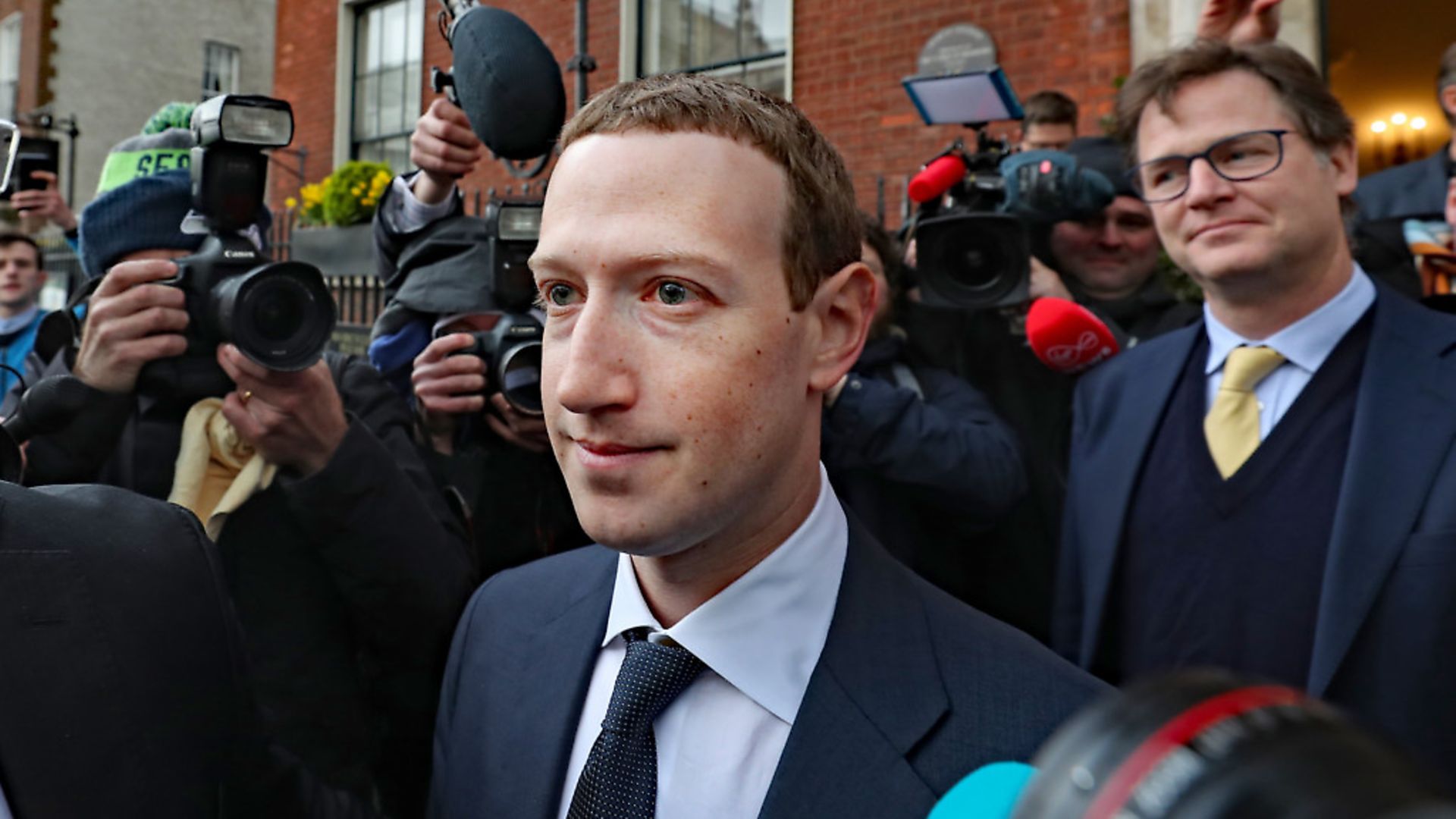
Amid concern around the use of social media for political advertising, new research has found a connection between heavy Facebook use and people holding more polarised political views.
The research found that the people who use Facebook heavily are 7.25 times more likely to visit far-right website Breitbart than the average Facebook user. Campaigners for regulation in political advertising argue that the findings have major implications for how disinformation and extreme views can propagate and spread on social media.
“Due to the way algorithms on social platforms work this can often mean that more extreme views get a disproportionate share of impressions,” said the Coalition for Reform in Political Advertising, who conducted the research, in a statement.
The coalition said the findings back up their calls political advertising to be regulated in a similar way as commercial ads are.
The research comes as the UK faces “unprecedented” levels of misinformation from political campaigning, according to the campaign’s co-founder Alex Tait.
The Conservative Party’s press office was heavily criticised for attempting to pass its Twitter account off as an independent fact-checker during a recent televised debate, as well as for numerous misleading claims about its manifesto promises on policing, hospitals and doctors.
MORE: Tory party criticised after disguising Twitter as ‘Fact Check UK’ during ITV debateWATCH: Tory candidate stumbles after being asked about Boris Johnson’s ‘lie’ over 40 new hospitalsMeanwhile the Liberal Democrats have also come under criticism for their distribution of pamphlets that closely resemble local newspapers, and for representing local voter data in misleading bar charts.
READ: Newspaper says it will stop printing Lib Dem stories if it does not pull leafletModerate Facebook users were more likely to visit websites that sit closer to the centre of the political spectrum, such as Huffington Post.
But as Facebook use intensifies compared to the average internet user, the user is more likely to visit a site with a more polarised political leaning, such as Conservatives.com, Labour.org.uk, or, worryingly, alt-right site Breitbart.
Breitbart, founded by former Trump adviser and Nigel Farage ally Steven Bannon, has been targeted by Stop Funding Hate-style campaign Sleeping Giants for its intentionally misleading stories.
Heavier Facebook users were also nearly three times more likely to visit broadly centrist site Politics Home as compared to more moderate internet users, suggesting an additional correlation between Facebook use and political engagement in general.
Tait said that the 2019 general election is showing “unprecedented” levels of misinformation from parties and called for modernisation of the UK’s outdated political advertising regulation.
MORE: Inside the industry campaign to stop the rot in political advertising“The debate in the UK election has never been more polarised. It is also proving to contain an unprecedented amount of misinformation and disinformation from the political parties. It has often been said that false information travels faster than truth in social media. That’s partly because it is fertile ground for spreading misleadingness in political information as its heavy users are very engaged. This research supports that and emphasises further the urgent need to modernise the rules for political ads.”
Facebook has come under intense criticism for allowing political advertising that makes demonstrably false claims, a position that was most recently called out by actor and comedian Sacha Baron Cohen in a speech calling Facebook “the biggest propaganda machine in history”.
However, the Coalition for Reform in Political Advertising says that the solution lies beyond Facebook itself and in putting rules in place for misleading claims in political advertising across all forms of media, similar to those that exist for non-political advertising.









